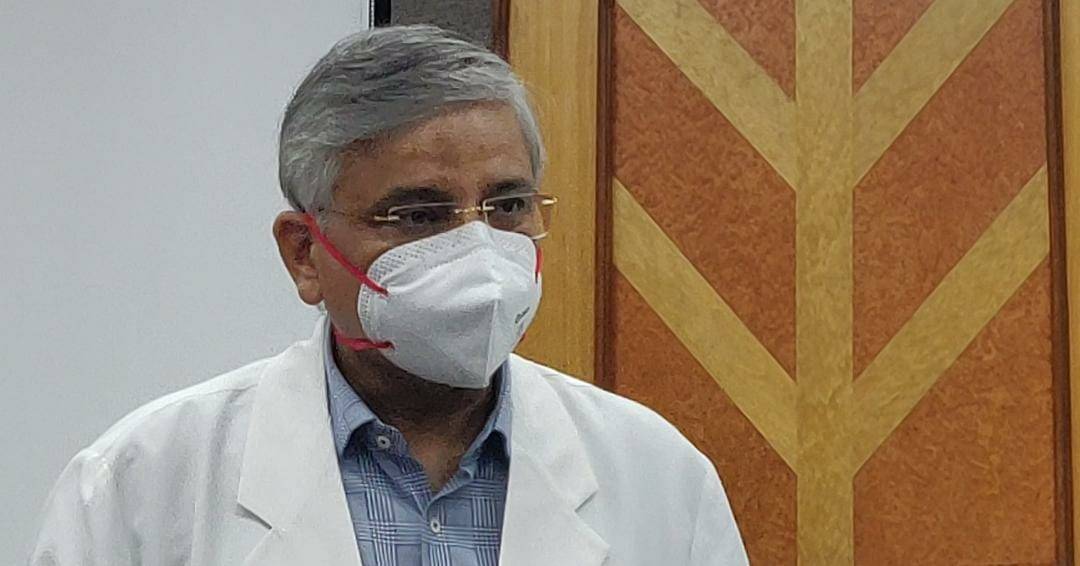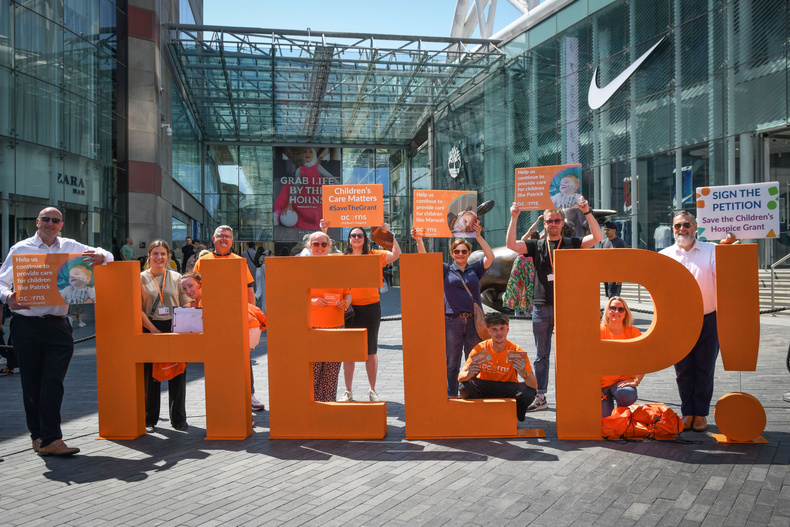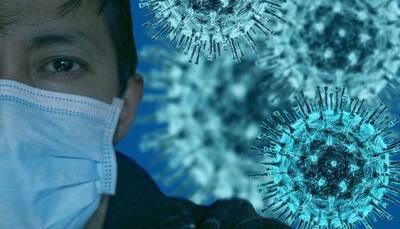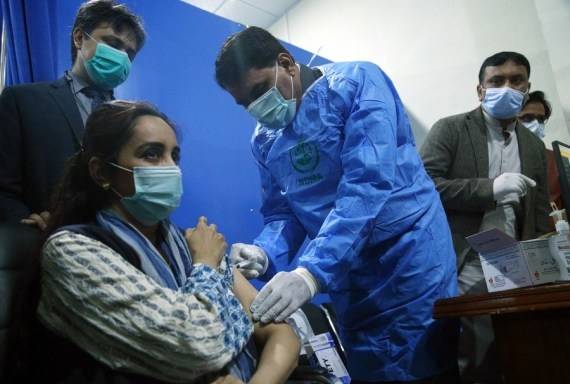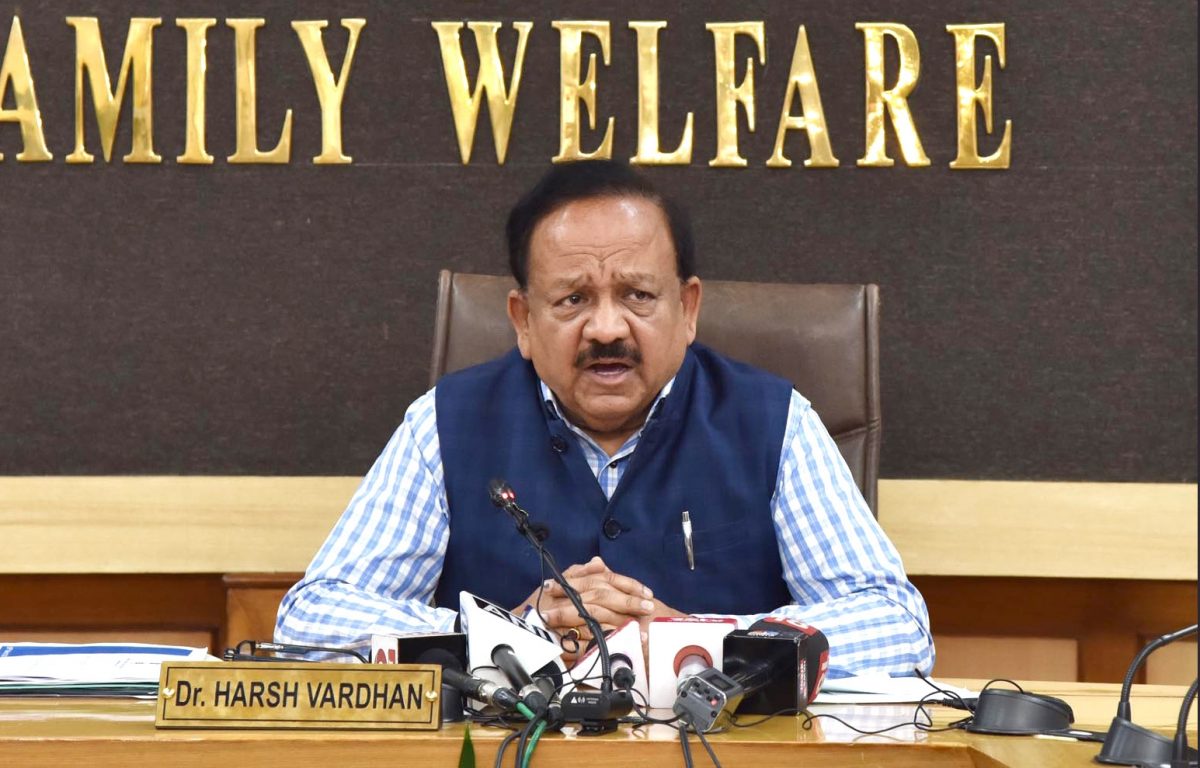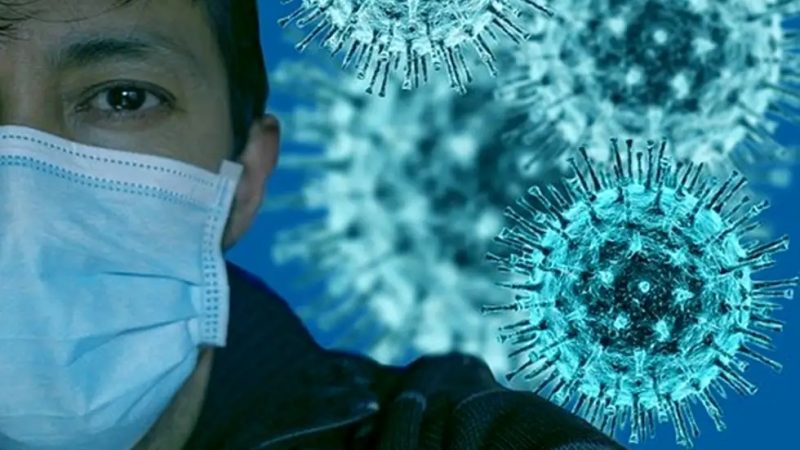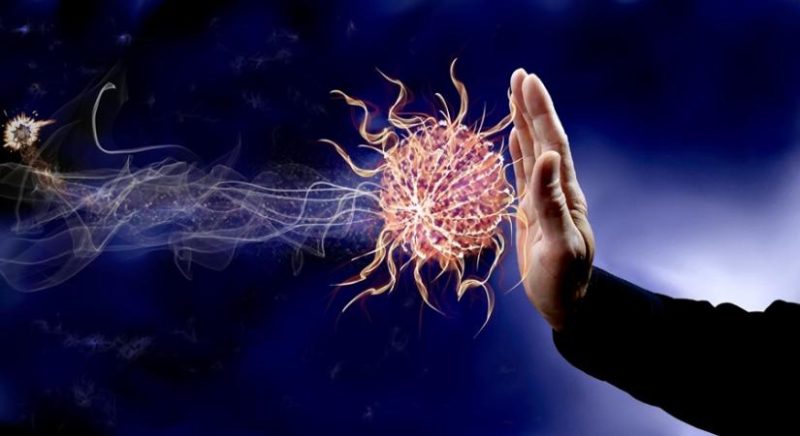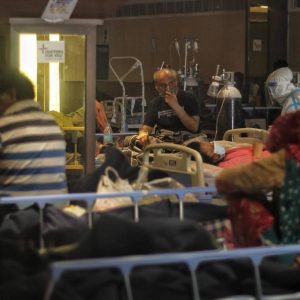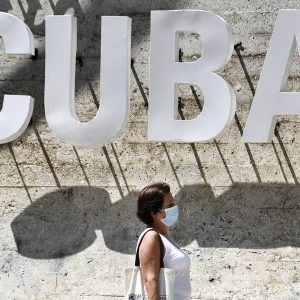Guleria futher asserted that “Covid appropriate behaviour is key to preventing future waves”, similar to the statement NITI Aayog Member (Health) V.K. Paul made on Monday…reports Asian Lite News.
There is no data, either from India or globally, to show that children will be seriously infected in any subsequent Covid-19 waves, AIIMS, Delhi, Director Dr Randeep Guleria said on Tuesday.
Addressing a media briefing here, he said that “it is a piece of misinformation that subsequent waves of the Covid-19 pandemic are going to cause severe illness in children”.
Noting that 60 per cent to 70 per cent of the children who got infected and got admitted in hospitals during the second wave in India, had either comorbidities or low immunity, the All India Institute of Medical Sciences (AIIMS) Director said that healthy children recovered with mild illness without need for hospitalisation.
Guleria futher asserted that “Covid appropriate behaviour is key to preventing future waves”, similar to the statement NITI Aayog Member (Health) V.K. Paul made on Monday.
Explaining why pandemics return again, the AIIMS Director said “waves normally occur in pandemics caused due to respiratory viruses; the 1918 Spanish Flu, H1N1 (swine) flu are examples”.
“The second wave of 1918 Spanish Flu was the biggest, after which there was a smaller third wave,” said Guleria. “And as we know, SARS-Cov-2 is a respiratory virus.”
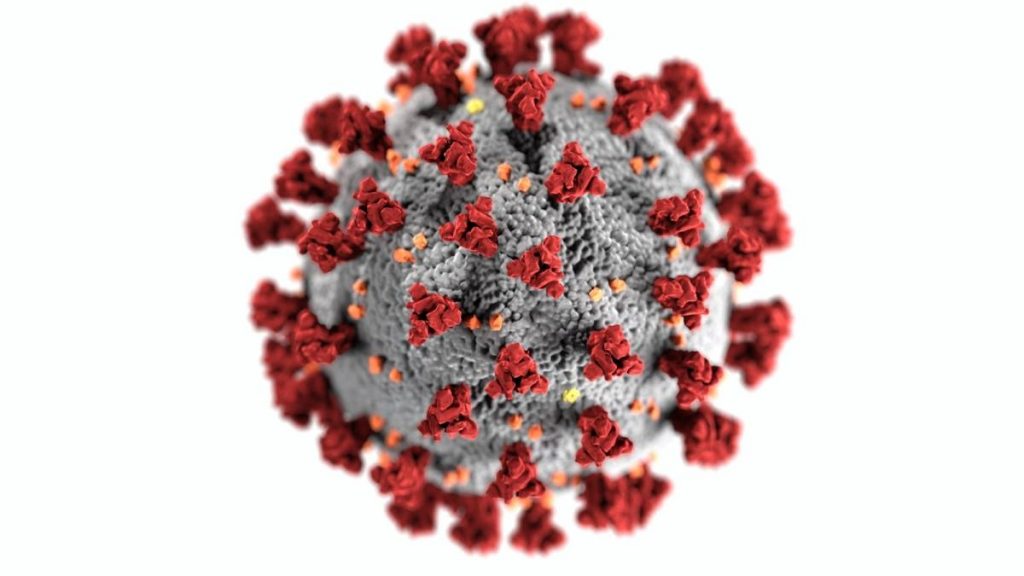
Multiple waves occur when there is a susceptible population and when a large part of the population acquires immunity against the infection, “the virus becomes endemic and infection becomes seasonal like that of H1N1 that commonly spreads during monsoon or winters”, he said.
“Waves can occur due to change in the virus (such as new variants). Since new mutations become more infectious, there is a higher chance for the virus to spread.”
Guleria said that one of the reasons behind a wave can be human behaviour and cautioned that “whenever cases increase, there is a fear in people and human behaviour changes. People strictly follow Covid appropriate behaviours and non-pharmaceutical interventions help break the chain of transmission. But when unlocking resumes, people tend to think that not much infection will happen and tend to not follow Covid appropriate behaviour”.
Due to this, the AIIMS chief said, the virus again starts spreading in the community, leading potentially to another wave.
“If we have to stop subsequent waves, we need to aggressively follow Covid appropriate behaviour until we can say that a significant number of our population is vaccinated or has acquired natural immunity.
“When enough people are vaccinated or when we acquire natural immunity against the infection, then these waves will stop. The only way out is to strictly follow Covid appropriate behaviour,” Guleria added.
ALSO READ-India’s oldest train Punjab Mail turns 110
READ MORE-‘US activist helped India get jabs’


